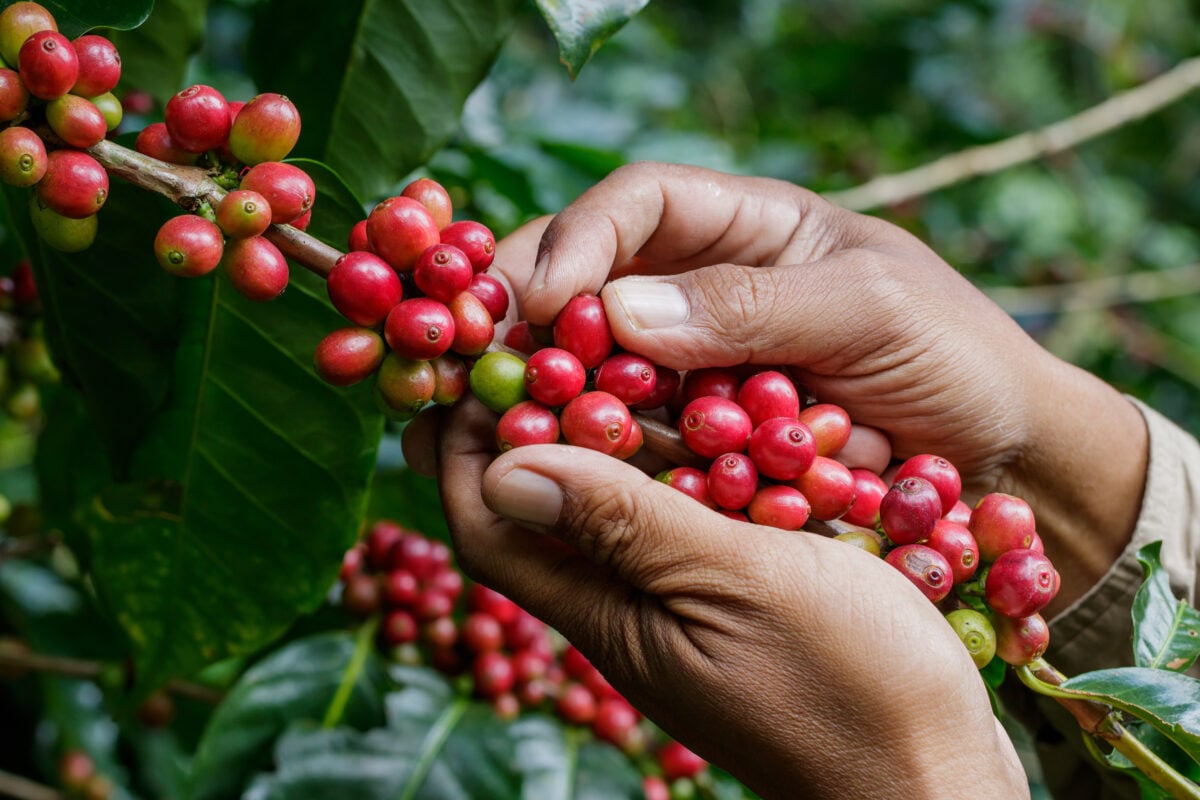A study has found that regularly drinking coffee may help protect against frailty later in life.
According to the study, people who drink four to six cups of coffee or more per day are less likely to experience frailty in old age than those who drink zero to two cups. This applies to both caffeinated and decaffeinated varieties of coffee, although excessive use of added sugar and syrups may negate any health benefits. It’s important to note that the new study is based on European-style 125 ml cups (4.2 fluid ounces), which are approximately half the size of larger, American-style mugs.
Read more: Consuming Certain Plant-Based Foods Could Slow Down Biological Aging, Says Study
The study, titled “Habitual coffee consumption and risk of frailty in later life,” was published in the European Journal of Nutrition in April 2025. A team of Dutch researchers analyzed data from the Longitudinal Aging Study Amsterdam (LASA), a large and ongoing cohort study on health in older adults.
The authors noted that as the global population ages, frailty – a “complex” physiological decline in old age linked to an increased risk of negative health outcomes – will become increasingly critical, with knock-on effects for people’s quality of life and society at large.
Diet is an “important determinant” of future frailty, and regular coffee consumption has already been associated with reduced risk of type 2 diabetes, certain cancers, cardiovascular disease, and overall longevity. The study noted that bioactive compounds in coffee, such as caffeine and polyphenols, have antioxidant and anti-inflammatory properties thought to promote health.
“In summary, coffee consumption may potentially reduce the risk of physical frailty by delaying age-related sarcopenia and improving muscle integrity,” wrote the authors.
Read more: This Is What They Eat In Okinawa To Live Longer
Habitual coffee consumption may ‘enhance health aging’

Speaking to SciTechDaily, lead study author Margreet R. Olthof, associate professor at Vrije Universiteit Amsterdam, noted that people are often looking for ways to aid longevity and health, and that coffee consumption is already part of many people’s daily routine.
“Our findings highlight the possible beneficial association between daily coffee consumption and reduced risk of frailty in later life in the older population,” explained Olthof. “Coffee consumption may thus enhance healthy aging, but it is important we also explore further dietary interventions, to ensure older adults can continue to live fulfilling lives.”
In addition to the benefits listed above, Mayo Clinic links regular coffee consumption with a possible reduction in the risk of depression, strokes, kidney stones, kidney and liver diseases, Parkinson’s, and Alzheimer’s.
However, Mayo Clinic has noted that current evidence “isn’t conclusive,” while the new study’s authors also concluded their work with a call for further research in this area. Caffeine isn’t suitable for everyone, and you should always consult your doctor if you have questions about your own coffee consumption.
Read more: Could ‘Beanless’ Coffee Be The Future?






